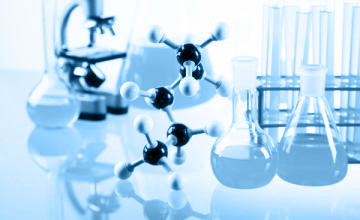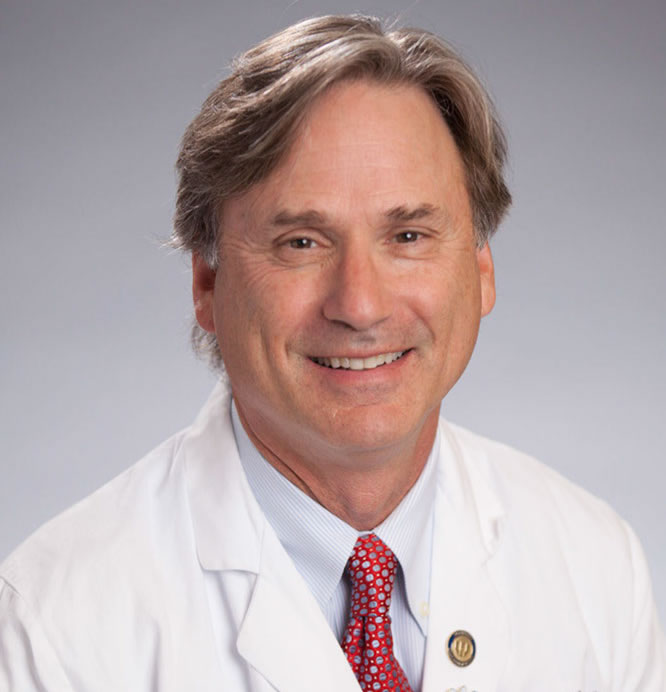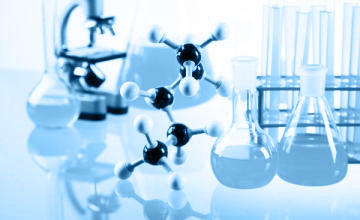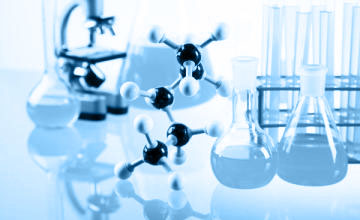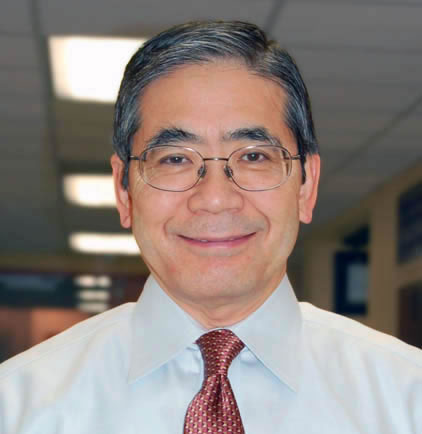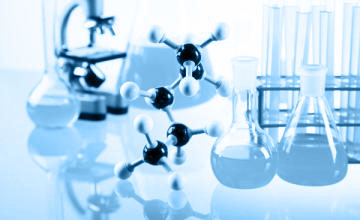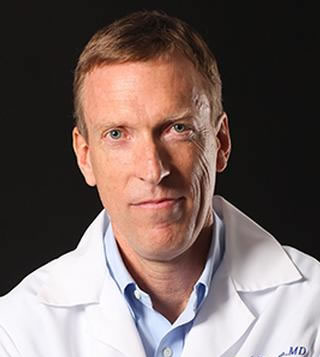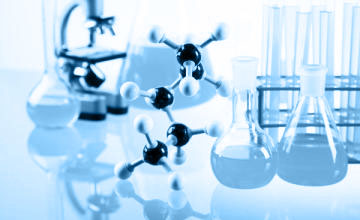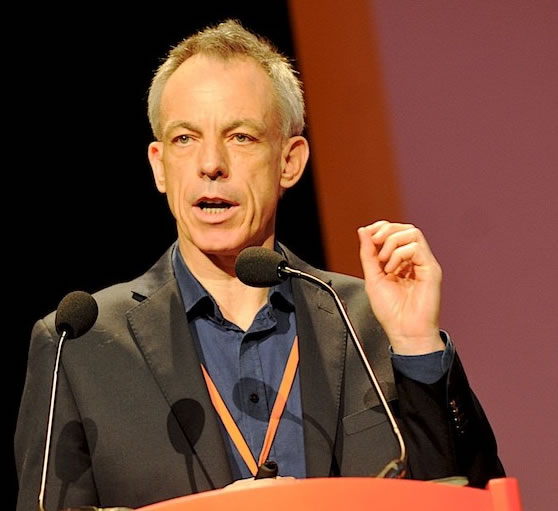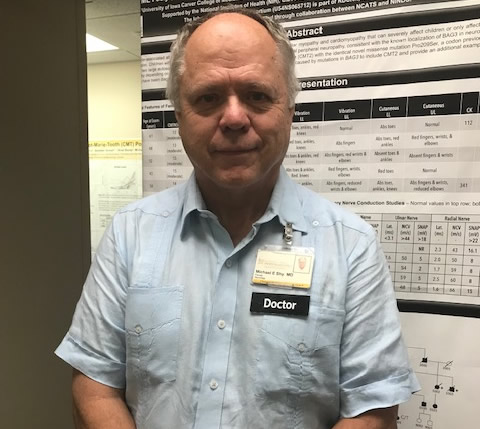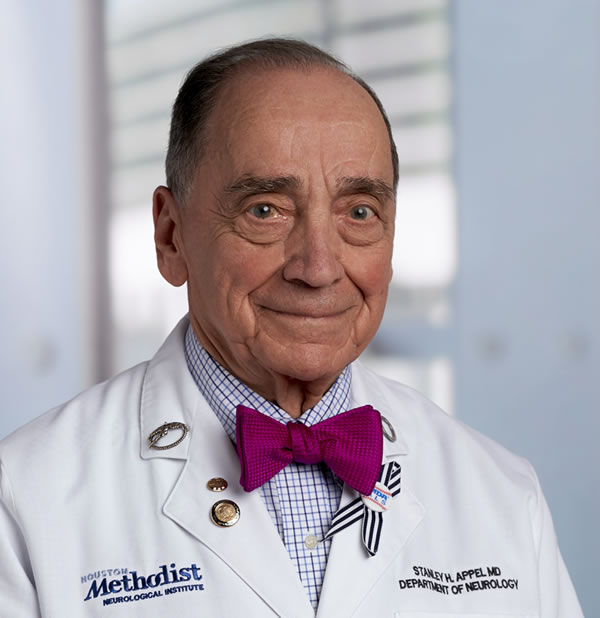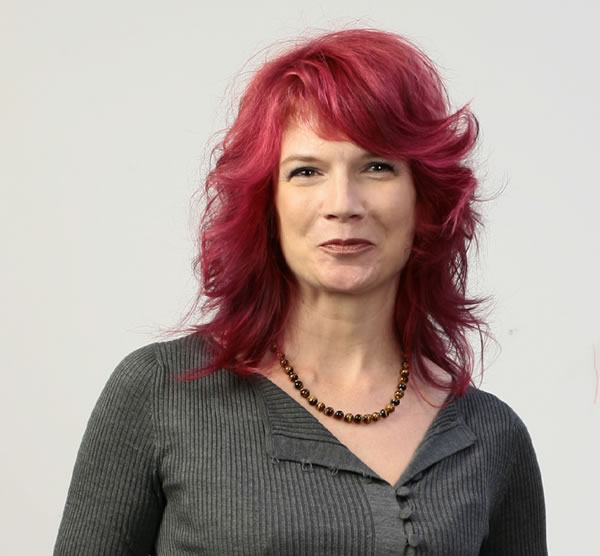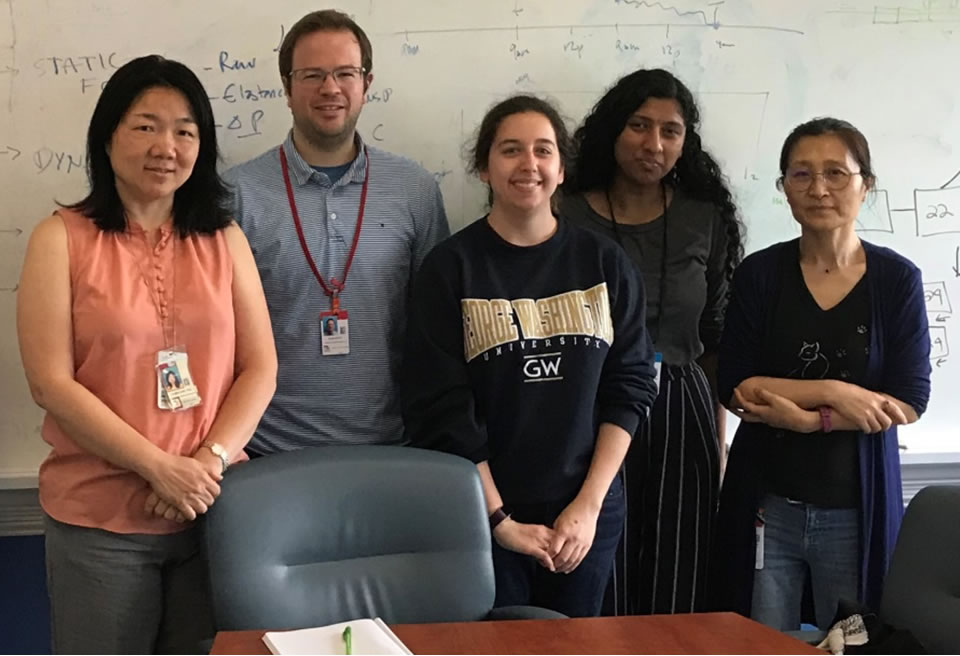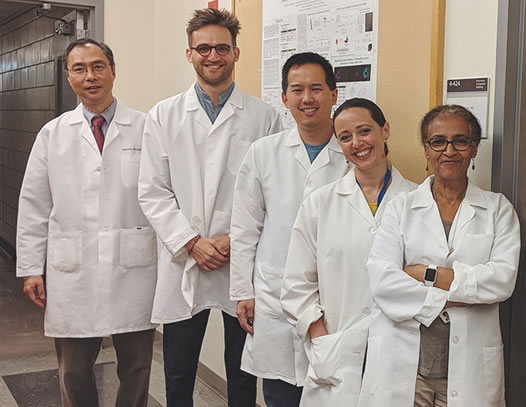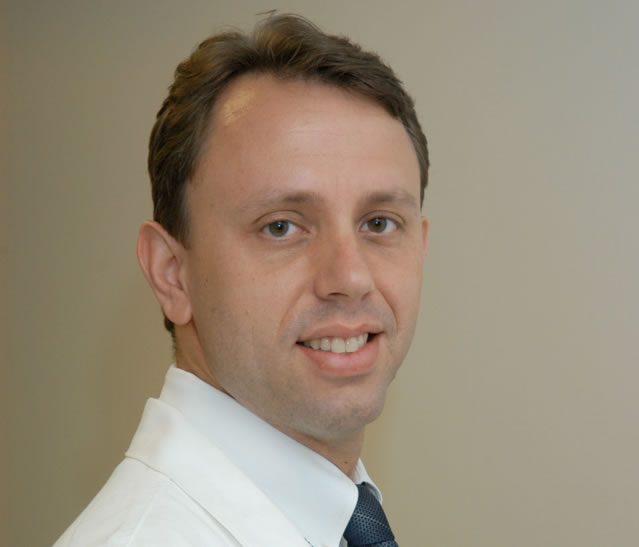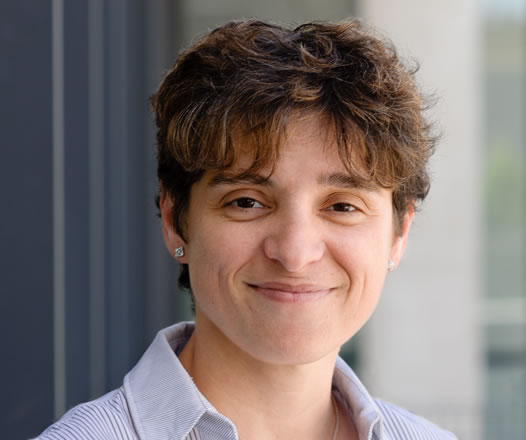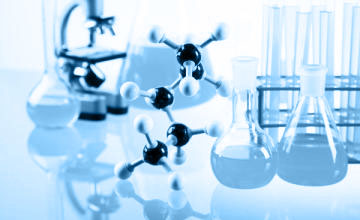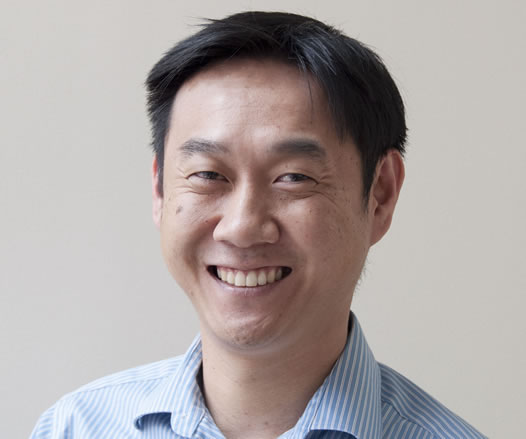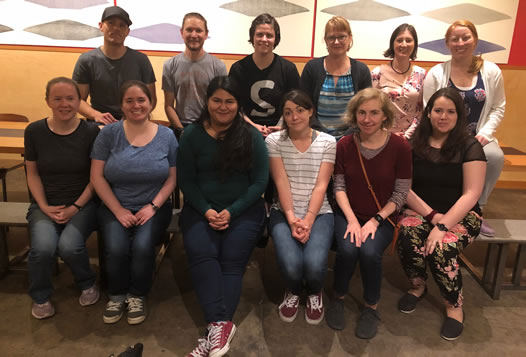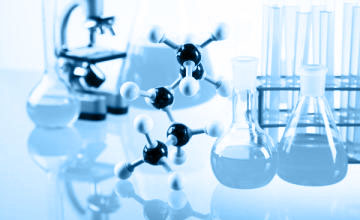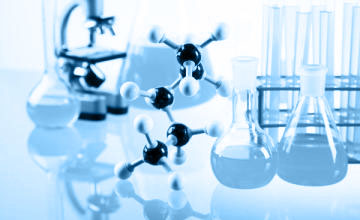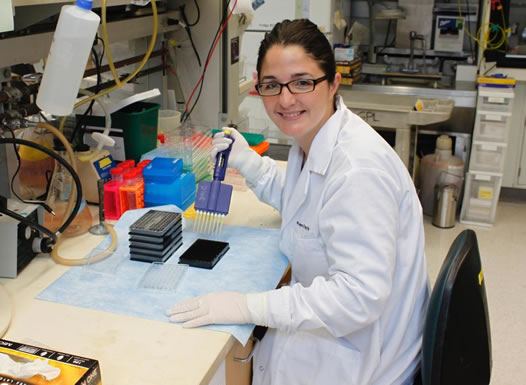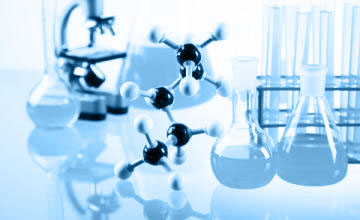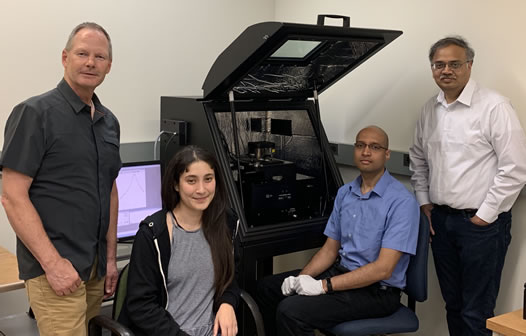MDA Resource Center: We’re Here For You
Our trained specialists are here to provide one-on-one support for every part of your journey. Send a message below or call us at 1-833-ASK-MDA1 (1-833-275-6321). If you live outside the U.S., we may be able to connect you to muscular dystrophy groups in your area, but MDA programs are only available in the U.S.
Grant - Summer 2019 - DMD - Michael Hicks, PhD
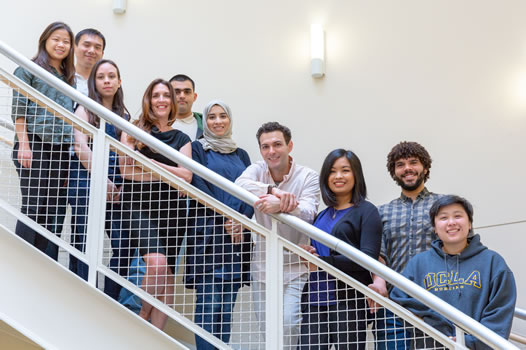
“Understanding how muscle stem cells interact with their niche is hugely important. It will help us understand how muscle stem cells become dysfunctional during muscular dystrophy. It will help us understand how stem cells form new niches, how these cells self-renew, and ultimately how skeletal muscles regenerate more efficiently.”
Michael Hicks, PhD, a postdoctoral fellow in Microbiology, Immunology, and Molecular Genetics at the University of California, Los Angeles, was awarded an MDA development grant totaling $210,000 over three years to study the potential of modulating the microenvironment and satellite cell niche in Duchenne muscular dystrophy (DMD) to support muscle stem cells.
DMD is caused by a mutation in the dystrophin gene on the X chromosome that results in little or no production of dystrophin, a protein that is essential for keeping muscle cells intact. Every skeletal muscle fiber has a specialized compartment called the satellite cell (SC) niche, which houses all the components to allow a transplanted donor cell to behave like an SC. An SC is a stem cell that can self-renew and repopulate new skeletal muscle after reoccurring injury. Stem cell therapy offers the potential to introduce into DMD muscle healthy, dystrophin-containing muscle with the capacity to regenerate.
Dr. Hicks will use this new funding to assess whether stem cells can engraft and self-renew in DMD mouse muscle. Using human induced pluripotent stem cells and transgenic mice, he will study the process of how muscle stem cells self-renew after transplantation, hopefully one day applying these tools to develop a long-term therapy for cell replacement in diseased muscle.
https://doi.org/10.55762/pc.gr.87330
Grantee: DMD - Michael Hicks, PhD
Grant type: Development Grant
Award total:
Institution:
Country:
